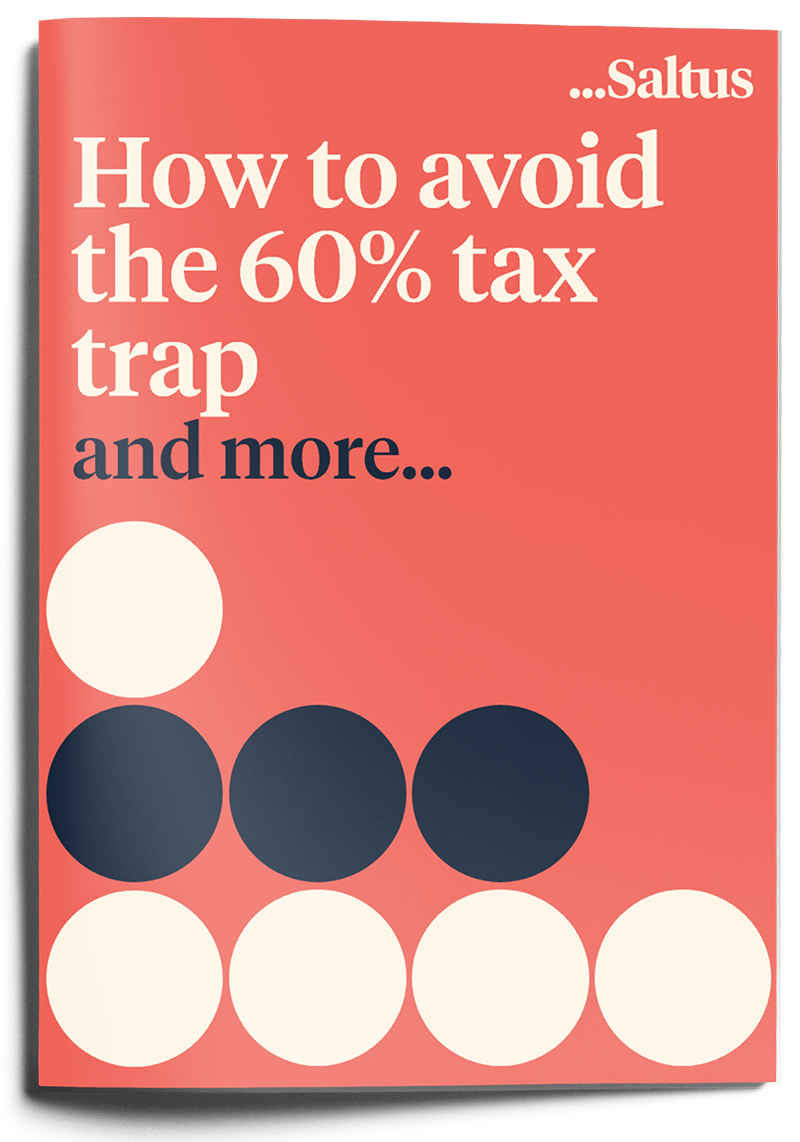In the 2024 Autumn Budget, Chancellor of the Exchequer Rachel Reeves introduced proposals that could significantly reshape the treatment of pensions for inheritance tax (IHT) purposes. While no changes have been enacted yet, the publication of draft legislation marks a clear step toward bringing unused pension funds within the scope of IHT from 6 April 2027.[1]
For now, the existing rules remain unchanged, and no immediate action is required. However, if mitigating IHT is a key concern, it is wise to stay informed and begin considering how these potential changes could affect your estate planning strategy. Now is a good time to speak to your financial adviser.
Why pensions have been a strategic asset historically
Under current legislation, defined contribution pensions offer notable tax advantages in estate planning. In particular, unused pension funds up to £1,073,100 (or more with LTA protections) can be passed to beneficiaries free of IHT and income tax if the individual dies before age 75 and the funds are transferred within two years.[2] This is the lump sum and death benefit allowance, LSDBA, that replaced the lifetime allowance in 2024. There are several things that may reduce this, such as if you have already taken tax-free cash payments from your pension or a serious ill-health lump sum. Even if death occurs after age 75, these funds are typically only subject to income tax when accessed by beneficiaries, often at their marginal rate.




